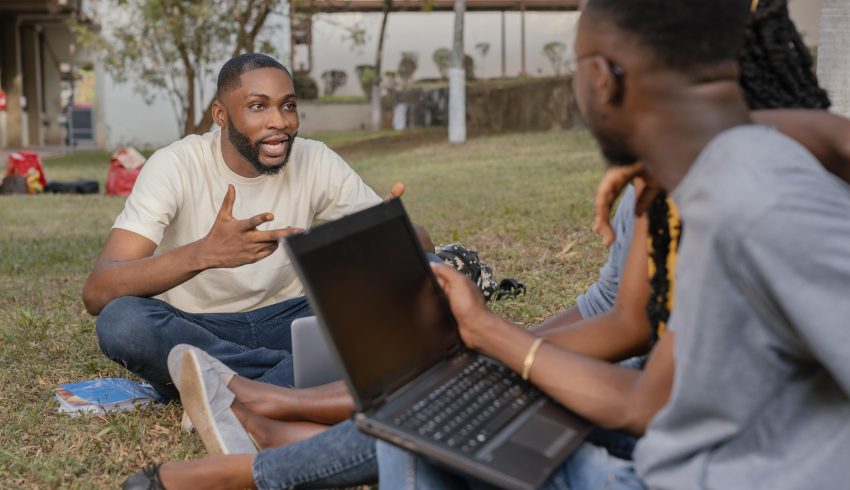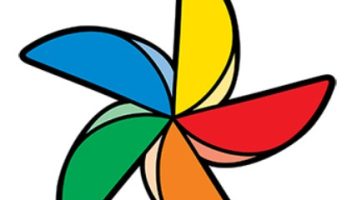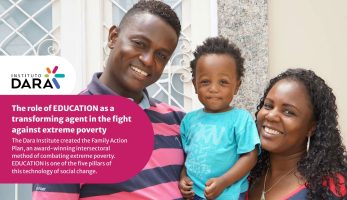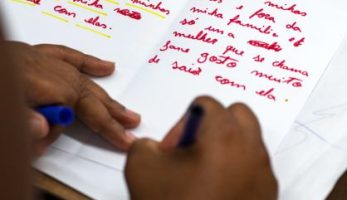The production of knowledge is a process that occurs through both individual and collective learning. The relationship between theory and practice between the actions of organizations in the citizen sector and academic research in universities is an important tool for analyzing and systematizing knowledge. Intellectual reflection contributes to the improvement of practices and expands the possibilities for the replication and adoption of methodologies.
A showcase for academic thought
The Dara HUB is a space for showcasing academic research that can contribute to the understanding of causes and possible solutions for promoting human development, reducing inequalities, and combating poverty. As such, the Dara team has selected two research projects related to the third sector, digital transformation, social impact, and innovation to share with you.
Innovation and social impact
The “Social Impact of the Perspective of Different Actors in Social Entrepreneurship and Innovation” is a master’s dissertation presented by Gabriel Cavalcante Fontes in the Graduate Program in Administration at the COPPEAD Institute in the Federal University of Rio de Janeiro. The study investigated the different conceptions of social impact among actors in the Brazilian third sector. Organized civil society has developed tools and strategies to tackle inequalities as well as to measure and evaluate their social impact. The research points out that, in the case of Brazilian, although there is a convergence in the definition of the concept of social impact, the measurement tools are still a challenge for the actors involved and require constant improvement. According to the dissertation: “An important finding of the study is the dimensional approach to the analysis of social impact. This theme was common to all interviewees, with three dimensions standing out in particular: (1) direct impact; (2) scalable impact; and (3) systemic impact.” If you are interested in reading the full text – please access https://www.coppead.ufrj.”
Digital transformation in the third sector
In 2022, Rosana Cerosino, a researcher at the School of Business Administration at Fundação Getúlio Vargas in São Paulo, presented her Master’s thesis “Impacts of the Covid-19 pandemic on the digital transformation process of Brazilian NGOs.” Through an exploratory qualitative approach and case studies, her research sought to demonstrate the different experiences of non-governmental organizations (NGOs) in adopting Digital Transformation (DT) practices, particularly how the Covid-19 pandemic and the economic and social crisis have driven the adoption of communication technologies as a strategic alternative for organizational survival. Read the complete thesis at https://bibliotecadigital.fgv.br/dspace/handle/10438/31993.




